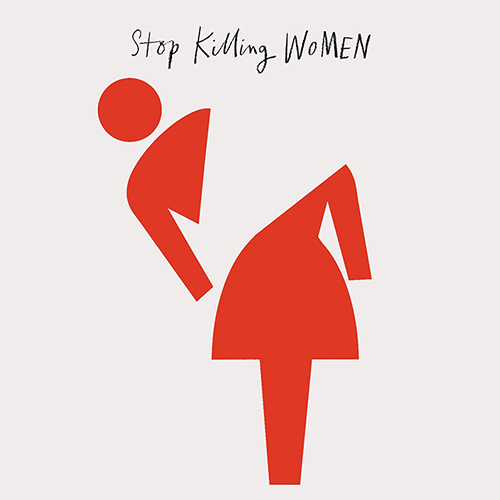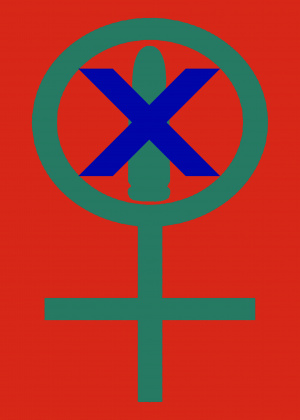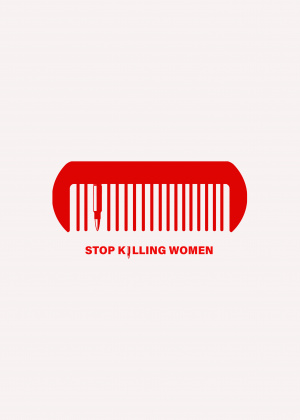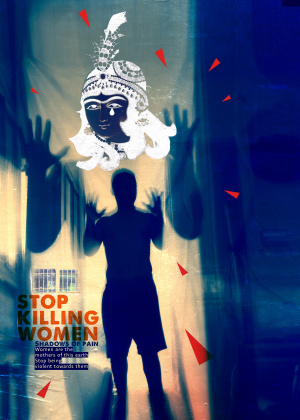Stop killing women

According to UN Women, 2022 was the year in which the most women were intentionally murdered to date: nearly 89,000. Of these ‘Around 48,800 women and girls worldwide were killed by their intimate partners or other family members (including fathers, mothers, uncles and brothers). This means that, on average, more than 133 women or girls are killed every day by someone in their own family.’
If it’s not bad enough that femicide is increasing, the real statistic is probably much higher: ‘for roughly four in ten intentional murders of women and girls, there is not enough information to identify them as gender-related killings because of national variation in criminal justice recording and investigation practices’.
This must change. So this year, we want to ask your help in drawing attention to all forms of violence against women: for the world to stop killing women.




